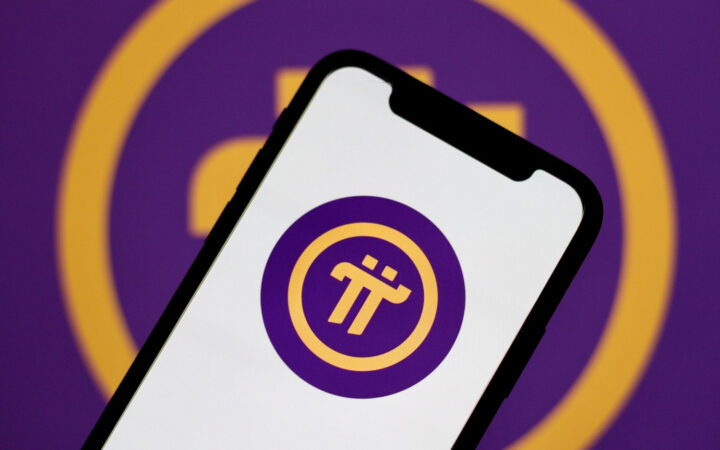
How Much the Policies of These Three Countries Have Affected the Price of Bitcoin
At the beginning of April, when the price of Bitcoin was still above $40,000, many investors began to speculate when the price would break the $50,000 mark. However, the price has been affected by the inflation rate in the U.S. and started to drop in mid-April, reaching a low of $3,9349. Recently, the price of Bitcoin has started to rise back above $40,000 and is likely to continue to rise.
At the time of writing, Bitcoin was buy/sell crypto at Gate.io exchange at $20,474.10, down 9.1% in 7 days, up 1.3% in 24 hours, and with a 24-hour trading volume of $26.55 billion.
The rebound in Bitcoin prices has a lot to do with the inflation rate in the United States, but also has many other reasons. The policies of these three countries are also affecting the price of Bitcoin to some extent.
Brazil’s Congress on Verge of Passing Cryptocurrency-Related Bill
Brazil’s Congress is on the verge of passing and implementing a bill to regulate the cryptocurrency market in the first half of the year, according to the Brazilian Cointelegraph. The bill, which was introduced in 2015 but has been debated in the House of Representatives, has now been approved in the first round of deliberations. The proposed bill would allow the Brazilian president to determine the federal entity responsible for setting cryptocurrency rules and would not make Bitcoin legal tender.
Brazil’s Congress creates a new regulatory mechanism that not only establishes market guidelines with cryptocurrency standards norms but also prevents money laundering and hidden assets. The bill also proposes penalties of four to eight years in prison and fines those who commit fraud in the provision of virtual asset services.
The establishment of this one bill will also indirectly indicate that Bitcoin is on the verge of becoming a cryptocurrency of reasonable use in Brazil.
India Tightens Regulation and Taxation of Cryptocurrencies
India issued a decree in early April announcing a 30% tax increase on cryptocurrencies and no offsets or deductions will be allowed. This has had a significant impact on cryptocurrency users in India.
Recently, however, some cryptocurrency exchanges in India are banning rupee deposits, especially for payments using the Unified Payments Interface (UPI) system. This set of circumstances has left India’s crypto back-ratio trading volumes in a state of significant decline.
Bitcoin to Become Legal Tender in Mexico
Mexican Senator Indria Kempis of Nuevo León recently introduced a bill to include virtual currencies in Mexico’s currency of circulation. On April 6, the Senate amended the bill to include Mexican banknotes as “Digital Currency of The Central Bank” and approved metallic coins as “the only circulating currency and virtual asset”.
The Senate is still negotiating the details of the bill with the Mexican president. The birth of such a bill would mean that the circulation of cryptocurrencies in the Mexican country would be greatly increased. It is also further influencing the price trend of Bitcoin.
The price of Bitcoin is still fluctuating and the attitude of countries towards cryptocurrencies is improving. Shortly, how many countries will Bitcoin be recognized in? There is no way to know, but no matter how many countries are recognized, this will influence the direction of the Bitcoin price live.
However, cryptocurrencies are high-risk investments and need to be considered carefully before starting.
Disclaimer: This publication is sponsored. Coinspeaker does not endorse or assume responsibility for the content, accuracy, quality, advertising, products, or other materials on this web page. Readers are advised to conduct their own research before engaging with any company mentioned. Please note that the featured information is not intended as, and shall not be understood or construed as legal, tax, investment, financial, or other advice. Nothing contained on this web page constitutes a solicitation, recommendation, endorsement, or offer by Coinspeaker or any third party service provider to buy or sell any cryptoassets or other financial instruments. Crypto assets are a high-risk investment. You should consider whether you understand the possibility of losing money due to leverage. None of the material should be considered as investment advice. Coinspeaker shall not be held liable, directly or indirectly, for any damages or losses arising from the use or reliance on any content, goods, or services featured on this web page.




